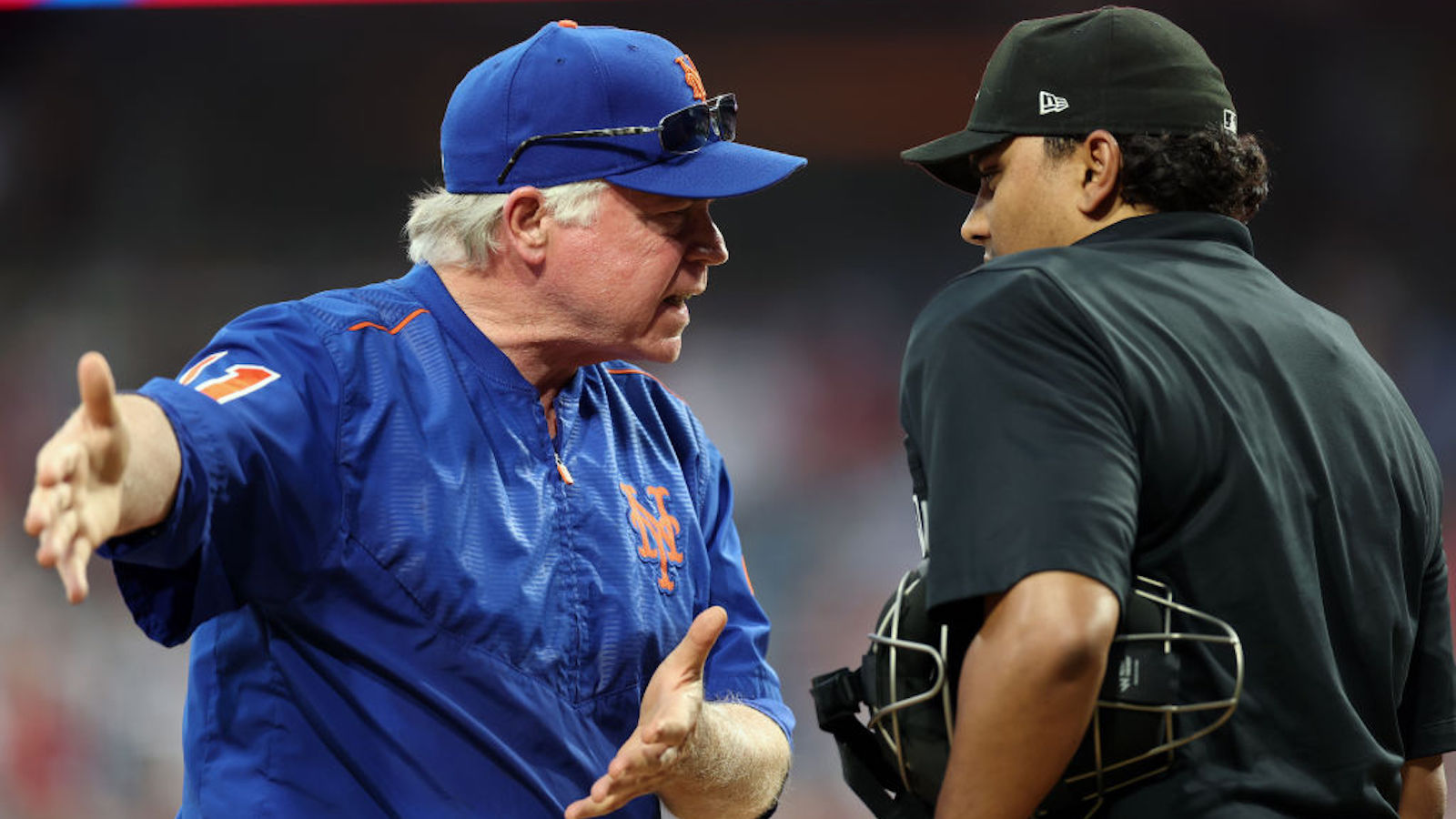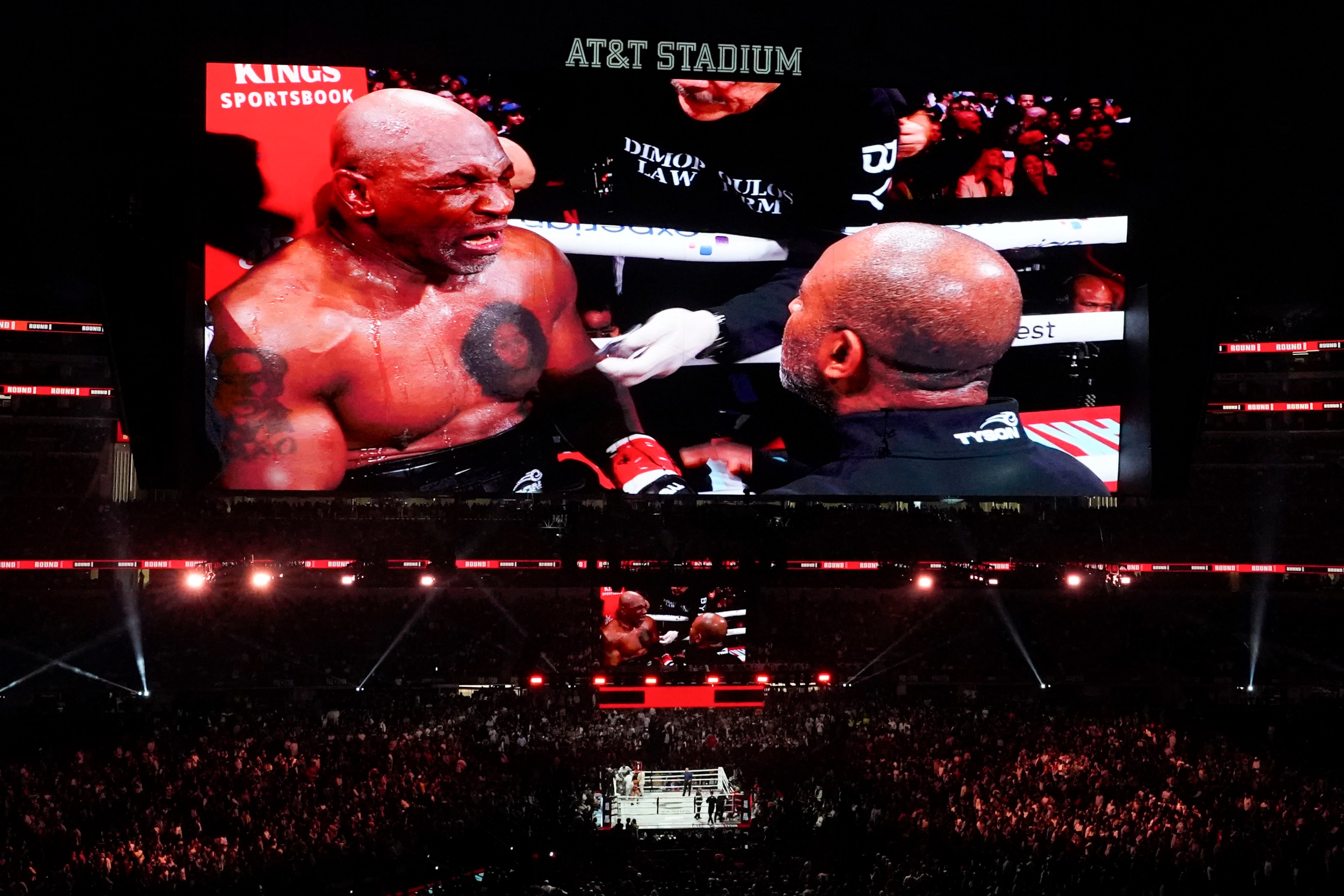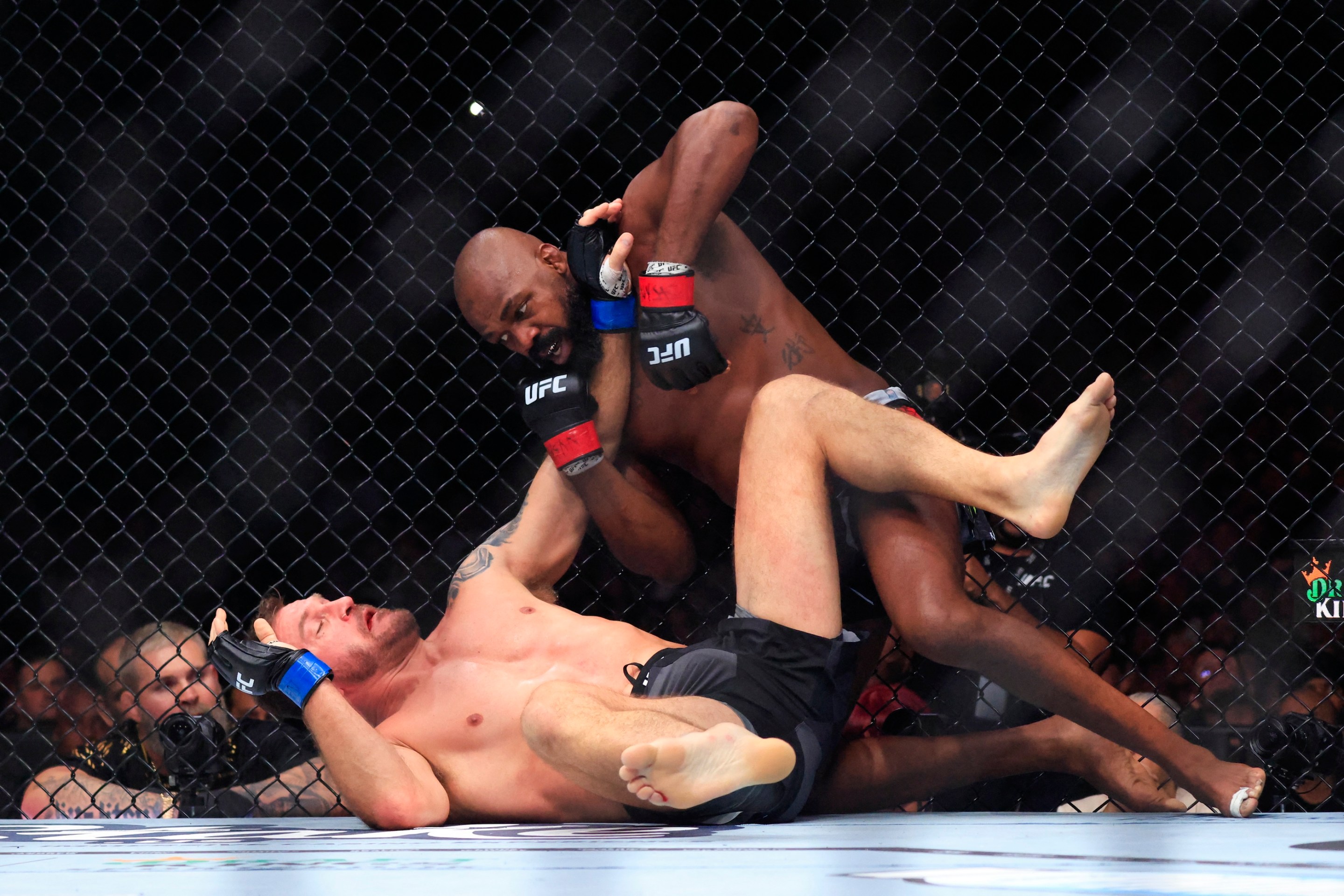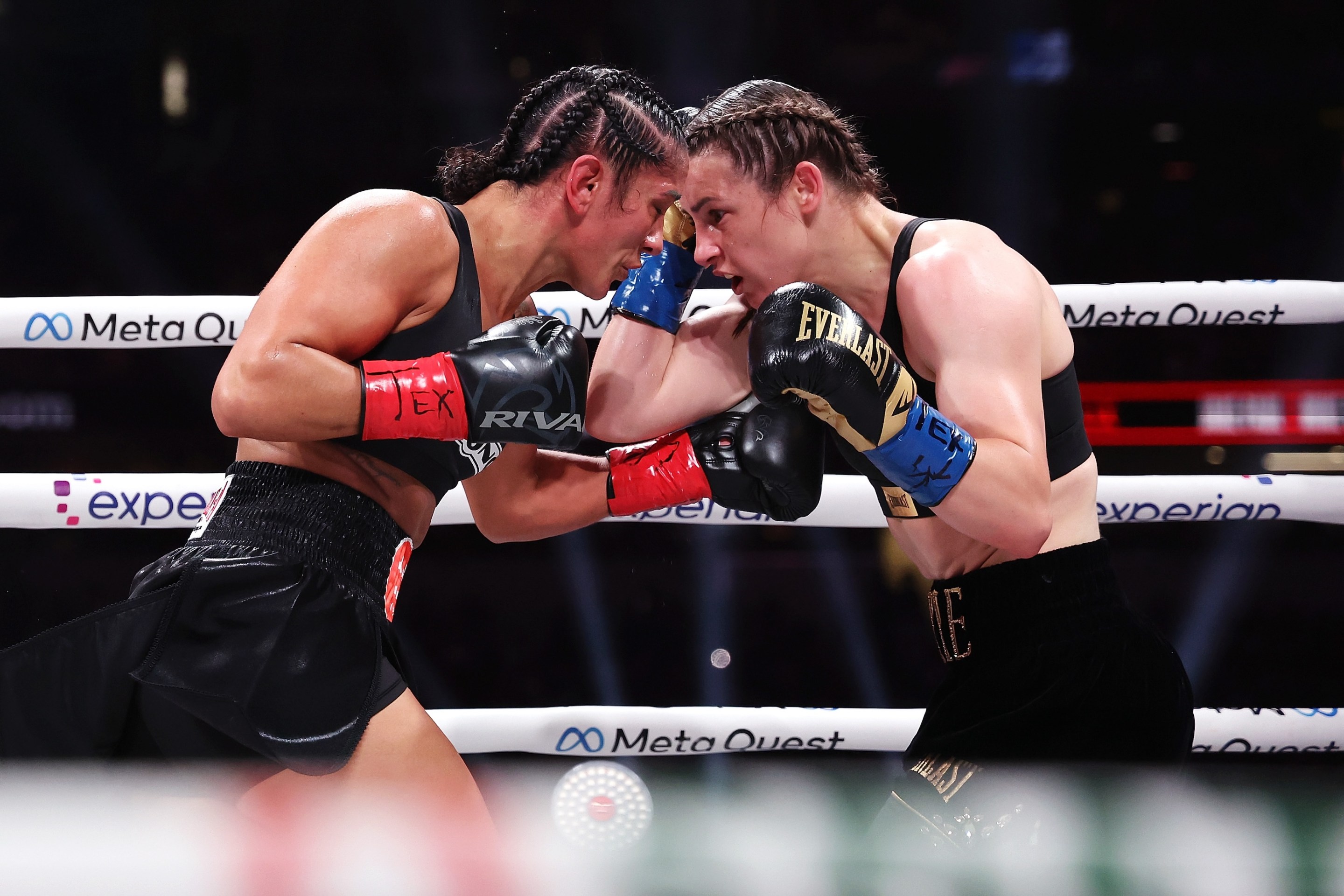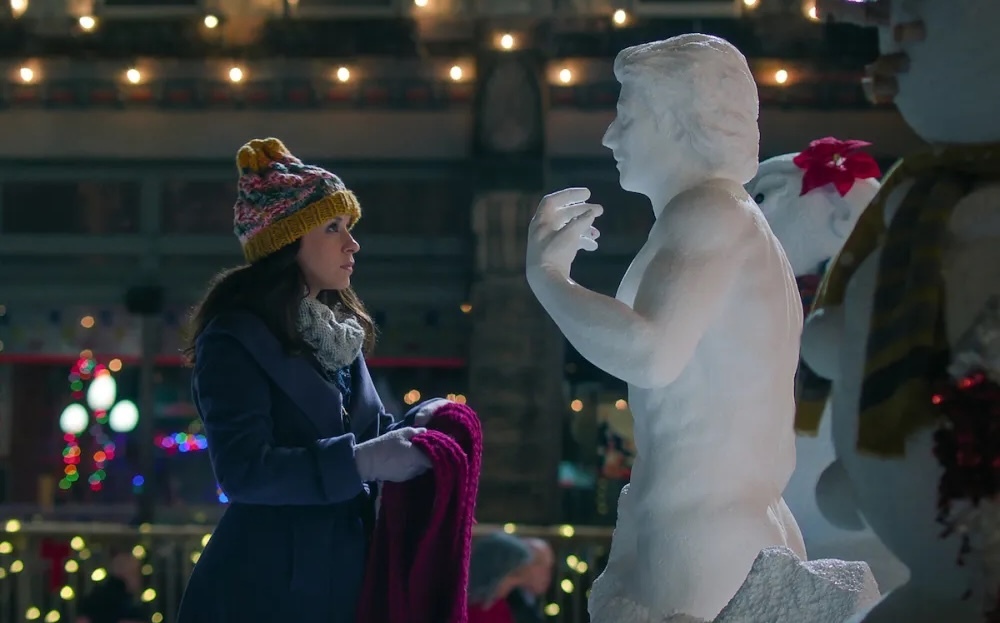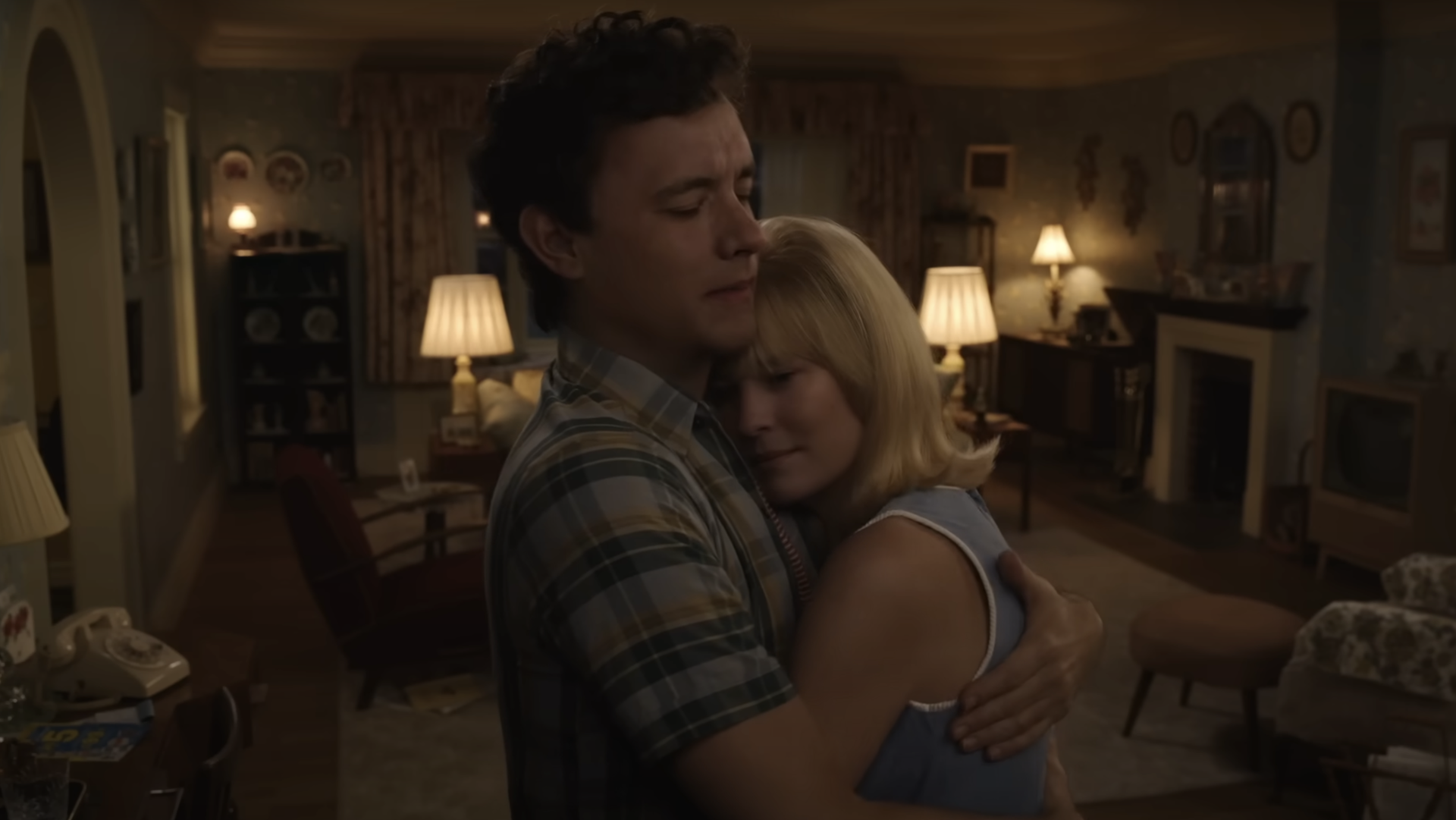There are degrees of disappointment in baseball, such that a team can be 35-42 and 15 games out of the division lead on June 26, just a few months after they won 101 games and then spent big in the free-agent market, and the panic button can remain unpressed. Seasons are very long, after all, and good teams tend to reveal their true selves before time runs out, eventually replacing those early-season slumps with win streaks. When you look at the Mets, do you see a turnaround in the future?
The timing of the question isn't ideal, given that the Mets suffered one of the most catastrophic losses of the season on Sunday. Looking to claim a series win against the Phillies, they sent Carlos Carrasco to the mound. He did what he usually does, which is fail to pitch beyond the middle innings, and left the game after four innings of work. Carrasco has not been able to pitch into the sixth inning in eight of his 10 starts this year, which is not what you want when the Mets bullpen looks like it does. Into the game came Dominic Leone, who holds a 5.66 ERA. He walked two batters and gave up a run in one inning of work.
The Mets had the lead, though, and continued to pad it as Grant Hartwig replaced Leone and gave his team two scoreless innings. By the time the eighth inning arrived, the Mets were up 6-3 and hoping that a rookie named Josh Walker could get them three more outs and put the ball into the hands of closer David Robertson. Walker loaded the bases in a blink, walking Bryce Harper, allowing a base hit to J.T. Realmuto, and issuing another free pass to Bryson Stott. Walker got the hook, and out of the bullpen came Jeff Brigham, who had demons on his trail.
The cascade of failure that followed was as shocking as such things can be. It started with Brigham getting exactly what he needed, a double-play ball in the infield, only for third baseman Bret Baty to fail to get the ball out of his glove and then duff the throw to second. That made it 6-4, which is the point at which Brigham took over primary meltdown duties. He walked in a run to make it 6-5, struck out a batter on three pitches, and then hit both Kyle Schwarber and Trea Turner to bring in the tying and go-ahead runs. He almost hit Turner twice in the same at-bat!
lol Mets 8th inning call pic.twitter.com/OAFHZ88QlU
— Nick Piccone (@_piccone) June 25, 2023
Buck Showalter got ejected for arguing balls and strikes in the top of the ninth, and the Mets lost, 7-6.
Mets fans will be asking a lot of questions today. One of those might be, What the hell is wrong with these clowns? Another could go something like, Why did I just watch two doofuses named Josh Walker and Jeff Brigham try to pitch through a high-leverage situation? And finally, Can we do something about these clowns?
Reporters spent time attempting to get an answer to a much nicer version of that second question during Showalter's postgame interview. He, rather defensively, made clear that he didn't think he had any other choice than to ask Walker and Brigham to throw the most important pitches of the game.
"What else can we do? I was hoping just like last night that we could've stretched every out we can with everybody we got. They are capable of doing the job, they just didn't today"
— SNY (@SNYtv) June 25, 2023
- Buck Showalter on if he would redo the 8th inning pic.twitter.com/yvEzGcH1jz
To some extent, Showalter is right. Set-up man Adam Ottavino had pitched the night before, lefty Brooks Raley had pitched on both of the previous two days, and Robertson was coming off a five-out appearance on Saturday, though he had used only 13 pitches to record those outs. Add in Edwin Díaz's injury and Drew Smith's suspension, and it's true that Showalter didn't have an overwhelming number of good options. But couldn't Ottavino have been called on in an emergency? Perhaps after the Brigham had walked in his first run? Or why not give the ball to Robertson as soon as the bases were loaded, and trust your closer to navigate the situation? Has this man truly learned nothing from the Zach Britton Disaster?
These are the sorts of questions that present themselves following a particularly calamitous loss, but the truth is they aren't all that valuable when it comes to explaining why the Mets are where they are today, not just losers of one awful game, but losers of many. Yes, Showalter could have managed the bullpen better on Sunday, but the Mets could also just be better. Every team runs into problems—slumps, injuries, employing Carlos Carrasco—but the difference between good teams and bad teams is how the good teams go about stopping those problems from compounding. Your big free-agent signings, two starting pitchers who are a combined 78 years old, haven't exactly lit up the league so far? A good team can weather that by leaning on its offense and its bullpen. Injuries have left you with an unexpected lack of bullpen depth? Good teams manage that by finding end-of-the-rotation starters who can eat up some innings. Only one of your regular starters has an OPS over .800? That's where the star-studded rotation is supposed to come in to save the day. Good teams make it through the slog of an MLB season by creating the conditions in which one part of the roster can always back up another, and right now all of the Mets' failsafes are offline.
One humiliating loss in June doesn't doom a season, but the holes in the foundation on which that loss was built sure can.
